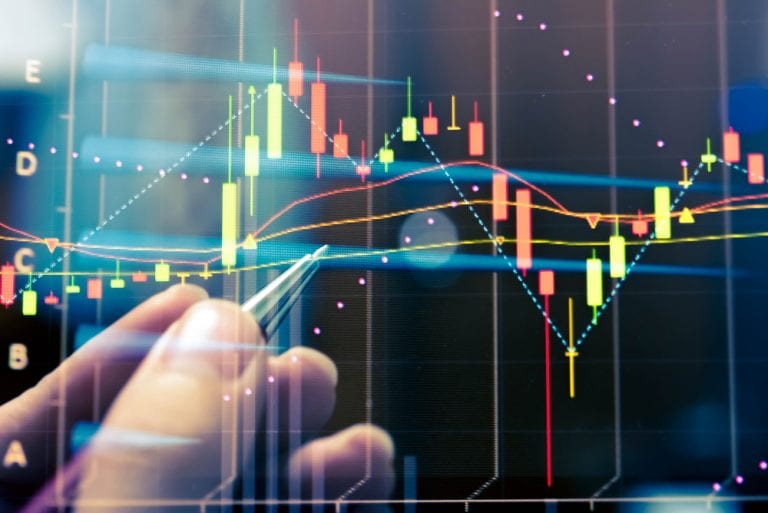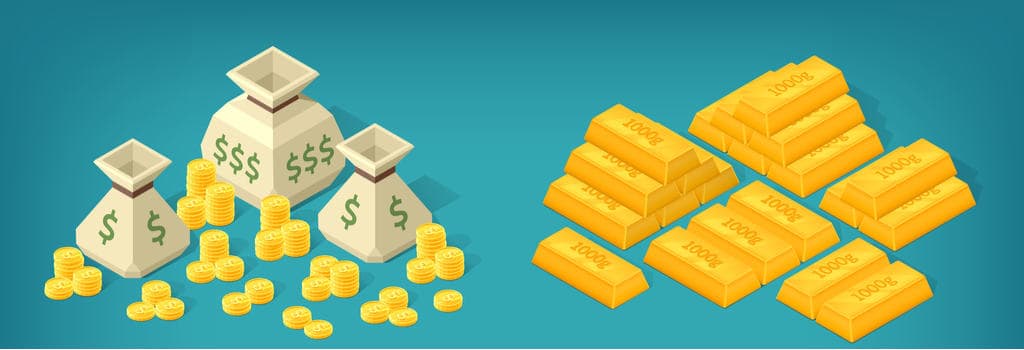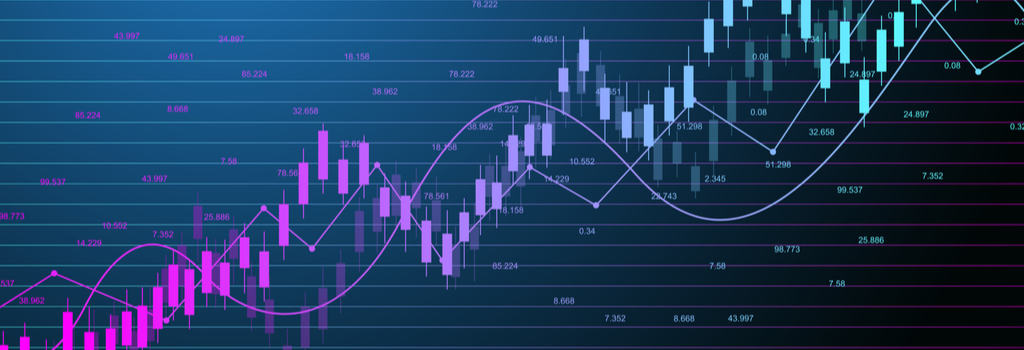
In this guide, we're going to go into a bit more detail on each method & help you decide which one is right for you. Let's get started on how to trade commodities.
1. Direct Ownership
Direct ownership in a commodity or stock of a producer is the simplest method but is by no means risk-free. To invest in oil, you might choose ExxonMobil or, if gold is your passion, Barrick Gold Corporation may work for you. You may also prefer to buy a commodity directly through a market dealer. For example, you may purchase Gold coins or bars to own directly or have an agent secure your bullion in a privately managed vault. Commissions add another form of price risk, so be wary.

2. Exchange-Traded Funds (ETFs)
These funds do the buying and selling in the futures market for you while you can purchase shares the same way as you would with stocks. Commodity ETFs are plentiful and cover a broad spectrum from corn to gold to you name it. Indexes and commodity baskets are also popular, but convenience and simplicity are the main draws. Active trading periods are within traditional stock exchange timeframes.
3. Mutual, Managed, and Index Funds
These funds may focus on a single commodity or a basket of items. Insurance companies or private fund managers may offer these commingled funds, which presents another area of risk to assess. Be sure to carefully review the applicable commission and/or manager bonus structures. Index funds tend to have lower fee components and less risk, depending upon the manager involved.

4. Contracts for Difference (CFDs)
A CFD is a derivative instrument and contract between you and your brokerage firm. You participate in the commodities market, but you do not have to buy shares, stocks, futures, or options. Profits arise based on picking the correct direction that a commodity price takes over the short-term. Your broker will define how prices are fixed at the end of a contract. The SEC in the United States does not now permit trading in CFDs.
5. Options on Futures
Once again, you can invest with an option in commodity futures without having to buy the actual futures contract. These derivatives involve “Puts” and “Calls” for going short or long, along with a strike price and expiration date. Each Put or Call has a premium – or cost – which must be recovered before your profits begin to accrue. Your downside risk is limited to this premium, as long as you allow the option to expire.

6. Futures
With a futures contract, you actually buy a contract for delivery in the future at a strike price. By using leverage, you can limit your upfront capital exposure. Brokers for the average trader will ensure that delivery is never an issue. With direct ownership not an issue, you are actually speculating on the direction that prices will take over time for your selected commodity. Your appetite for volatility risk will determine how you approach this method.
PEOPLE WHO READ THIS ALSO VIEWED:
